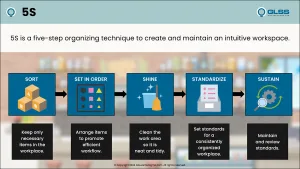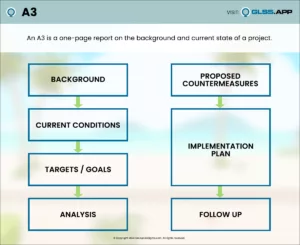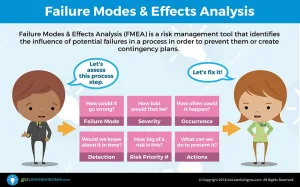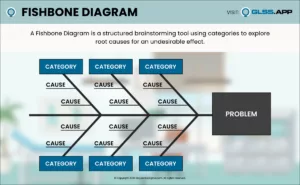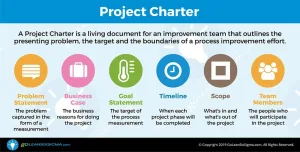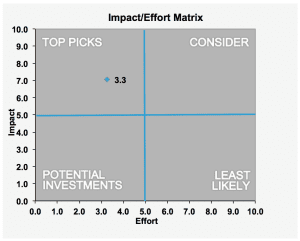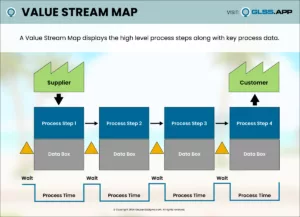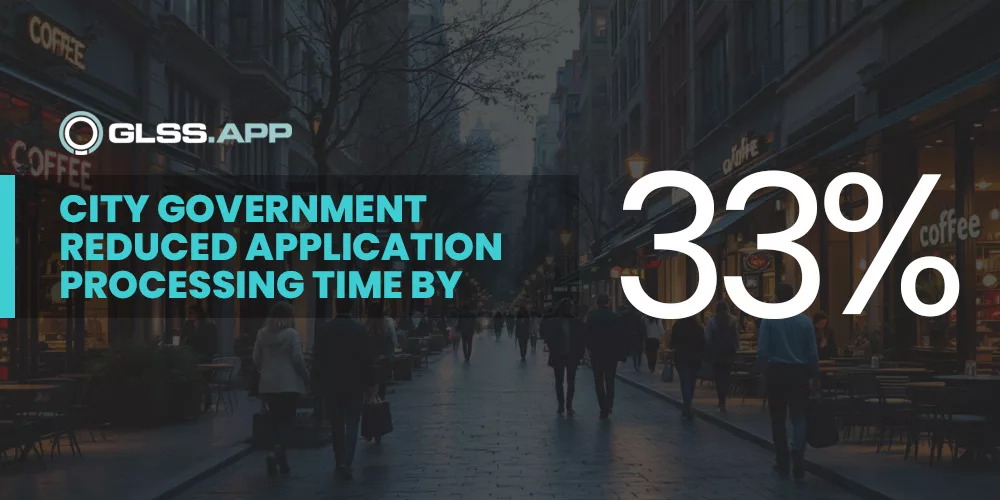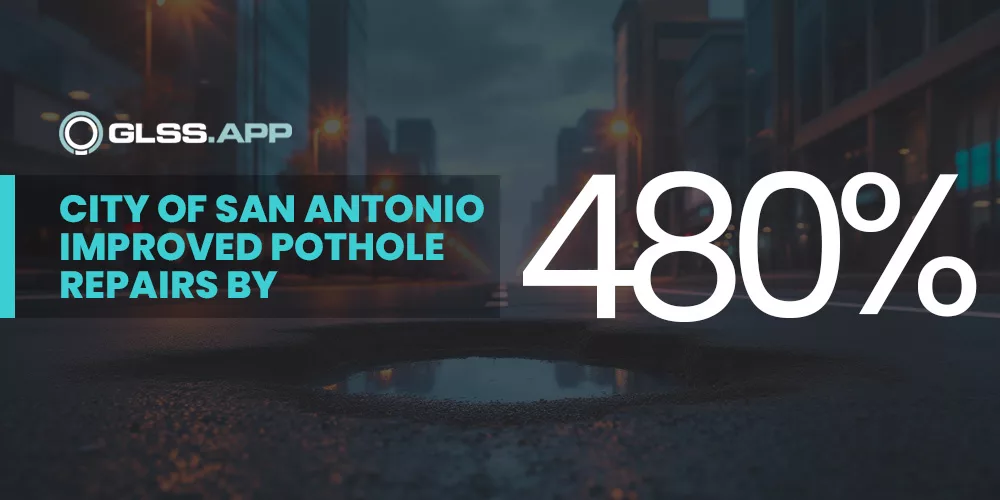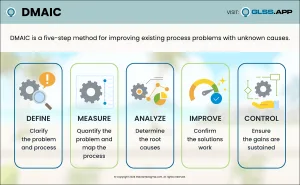
In this Forbes article, Ethical Efficiency: How Hospitals Can Balance Quality Outcomes With Profits, Forbes Councils member and GLSS Founder & Chairman Karlo Tanjuakio explains how Ethical Efficiency™ in healthcare focuses on maximizing value by optimizing resources, ensuring fair access to care, and maintaining transparency while upholding high ethical standards.
One key strategy is prioritizing nutrition as a cornerstone of preventative care, reducing the burden of chronic diseases like obesity and diabetes. Hospitals can integrate this approach by offering healthier meals, launching community nutrition programs, and incorporating dietary guidance into discharge planning. Additionally, reducing waste through streamlined operations, improved patient flow, and administrative efficiency can enhance care delivery while minimizing unnecessary costs.
Shifting to value-based care models encourages hospitals to prioritize patient outcomes over service volume, promoting preventative care and reducing unnecessary procedures. However, ethical efficiency also requires a strong culture of accountability, ensuring that cost-cutting measures do not compromise patient care. Hospitals must invest in ethical training, transparent policies, and fair resource allocation to maintain trust and effectiveness. By embracing these principles, healthcare organizations can create a more balanced, patient-centered system that fosters both financial sustainability and high-quality care.

Ethical efficiency is not just a goal but a necessity for healthy, productive communities… Together, we can create a healthier, more balanced future for everyone. – Karlo Tanjuakio, GLSS + Kure















